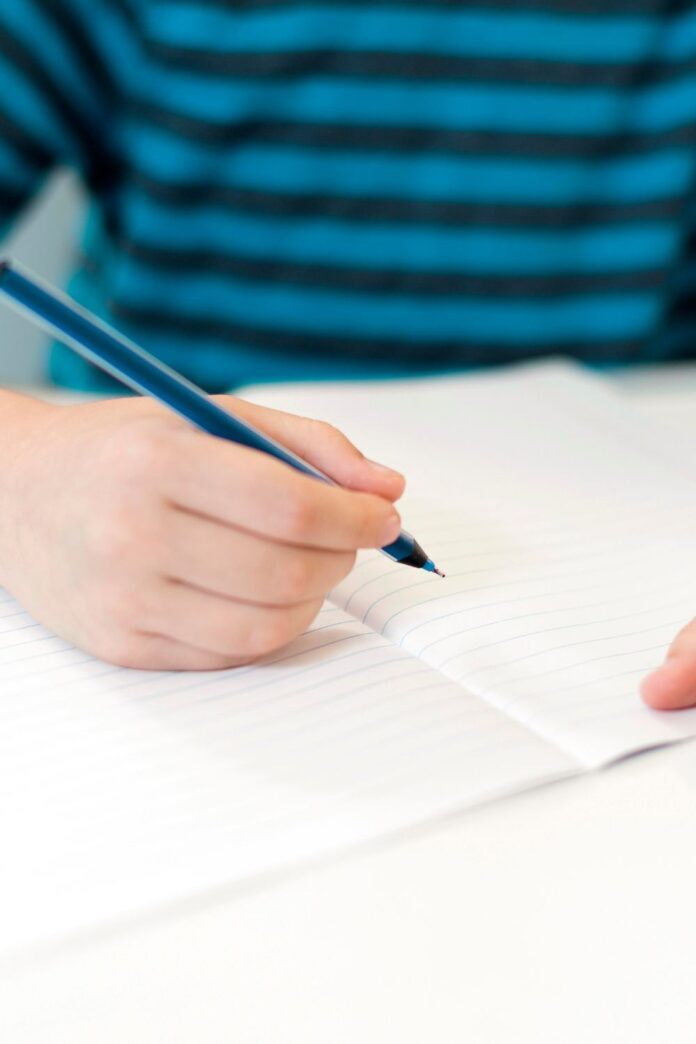The PSLE Exam is a significant milestone in every Singaporean student’s academic journey. Proper preparation is crucial not only to achieve excellent results but also to reduce stress and build confidence. This blog will guide you through practical tips and strategies to help you prepare effectively for the PSLE Exam.
1. Create a Study Schedule
A well-structured study schedule is the foundation of effective exam preparation. Begin by identifying the subjects that need more attention and allocate specific time slots for each. Make sure your schedule is balanced, including time for breaks and leisure activities.
- Prioritize difficult subjects: Spend more time on areas where you struggle.
- Regular revisions: Set aside time daily to review what you’ve learned.
- Stick to the plan: Consistency is key to seeing improvement over time.
2. Understand the PSLE Syllabus
Understanding the PSLE syllabus is essential for effective preparation. Familiarize yourself with the topics and the weightage of each subject. This helps you focus on the most important areas during your study sessions.
- Review syllabus guidelines: Ensure you cover all the necessary topics.
- Focus on high-weightage areas: Allocate more time to these topics.
- Use syllabus as a checklist: Mark off topics as you complete them.
3. Practice with Past Papers
Practicing past exam papers is one of the best ways to prepare for the PSLE Exam. It helps you get familiar with the exam format, understand the types of questions asked, and manage your time effectively during the exam.
- Timed practice sessions: Simulate exam conditions by timing yourself.
- Analyze mistakes: Review your answers to understand where you went wrong.
- Identify patterns: Notice recurring question types or topics.
4. Master Time Management
Time management during the PSLE Exam is crucial. Practice answering questions within a set time limit to build speed and efficiency. Also, learn to skip questions that are too challenging and return to them later if time permits.
- Use a timer: Practice under timed conditions.
- Prioritize questions: Start with easier questions to secure marks quickly.
- Review and revisit: Always allocate time at the end to review your answers.
5. Focus on Weak Areas
While it’s important to revise all topics, giving extra attention to your weak areas can significantly boost your overall performance. Identify these areas early in your preparation and allocate more time to mastering them.
- Use targeted practice: Focus on exercises that address your weaknesses.
- Seek help: Don’t hesitate to ask teachers or peers for clarification.
- Track progress: Monitor your improvement in these areas over time.
6. Incorporate Active Learning Techniques
Active learning techniques such as summarization, self-quizzing, and teaching others can enhance your understanding and retention of information. These methods engage your brain more actively than passive reading.
- Summarize notes: Write down key points in your own words.
- Quiz yourself: Regularly test your knowledge on different topics.
- Teach a friend: Explaining concepts to others reinforces your own understanding.
7. Maintain a Healthy Lifestyle
A healthy body supports a healthy mind, which is crucial during exam preparation. Ensure you’re getting enough sleep, eating nutritious meals, and exercising regularly. These habits help improve concentration and reduce stress.
- Sleep well: Aim for 7-8 hours of sleep each night.
- Eat balanced meals: Include brain-boosting foods like nuts, fruits, and vegetables.
- Stay active: Regular physical activity can help relieve stress and keep your mind sharp.
8. Stay Positive and Manage Stress
Maintaining a positive mindset is vital during your PSLE Exam preparation. Stress and anxiety can hinder your performance, so practice relaxation techniques like deep breathing, meditation, or simply taking breaks to clear your mind.
- Practice mindfulness: Use techniques like deep breathing to stay calm.
- Take breaks: Short breaks between study sessions can rejuvenate your mind.
- Stay optimistic: Focus on what you’ve accomplished rather than what’s left.
9. Seek Support from Family and Friends
Preparing for the PSLE Exam can be stressful, but you don’t have to do it alone. Seek support from your family, friends, and teachers. They can provide encouragement, help you stay on track, and offer valuable advice.
- Talk about your concerns: Sharing your worries can reduce stress.
- Study with friends: Group study sessions can make learning more enjoyable.
- Lean on family: They can provide the emotional support you need during this time.
10. Prepare for the Exam Day
As the exam day approaches, make sure you’re ready both mentally and physically. Get your materials ready the night before, ensure you know the exam venue, and plan your journey to avoid any last-minute stress.
- Pack essentials: Ensure you have all necessary materials like pencils, erasers, and your admission ticket.
- Know your route: Familiarize yourself with the exam location and plan your travel.
- Sleep early: A good night’s sleep is crucial before the exam.
Conclusion
Preparing effectively for the PSLE Exam requires a combination of strategic planning, consistent practice, and a positive mindset. By following these tips and strategies, you can approach your exam with confidence, knowing that you’ve put in the effort to succeed. Remember, the key to doing well in the PSLE Exam lies in your preparation and your belief in your ability to excel. Good luck!

